FAA to reevaluate policy on in-flight electronics
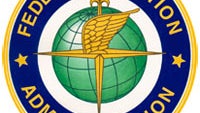
You know how it goes. You board your flight with your music playing, a book on your Kindle, or playing a game on your tablet, but once that door closes, all electronics must be turned off until the plane has reached cruising altitude. While the general claim is that it may cause interference, most people say that is nonsense, probably because there is no way every person on a plane is compliant and a plane had never crashed due to interference from a tablet.
Nick Bilton from the NY Times called the FAA last week to once again question their policy of no electronic devices during taxi, take-off, or landing, and received a different response than usual. The deputy assistant administrator for public affairs, Laura J. Brown, said that the FAA has decided to take a “fresh look” at the personal electronics policy.
While this is great news, don’t get too excited that your next flight will laden with electronics from beginning to end because there is a long approval process that each device must undergo before it can be certified to be used during take-off and landing.
Currently airlines have the ability to certify a device, but that process requires testing each version of the hardware on a flight with no passengers. For example, to approve the iPad, an airline must test the iPad, iPad 2, and the new iPad on each type of aircraft it runs in its fleet. As you can imagine, with no customers on these flights, it would become very expensive, very quickly with debatable rewards.
Ms. Brown said, “With the advent of new and evolving electronic technology, and because the airlines have not conducted the testing necessary to approve the use of new devices, the FAA is taking a fresh look at the use of personal electronic devices, other than cellphones, on aircraft.”
So while it is great that the FAA will begin to undergo this testing process on its own, device approval is an arduous, and costly task that probably will not be complete for quite some time.
On the flip side, there could be an advantage for a company to be able to advertise its tablet as FAA approved, so we may see companies with deep pockets, such as Apple, to foot the bill or at least contribute to the costs in order to get their products approved for use during take-off, taxi, and landing.
Currently airlines have the ability to certify a device, but that process requires testing each version of the hardware on a flight with no passengers. For example, to approve the iPad, an airline must test the iPad, iPad 2, and the new iPad on each type of aircraft it runs in its fleet. As you can imagine, with no customers on these flights, it would become very expensive, very quickly with debatable rewards.
So while it is great that the FAA will begin to undergo this testing process on its own, device approval is an arduous, and costly task that probably will not be complete for quite some time.
On the flip side, there could be an advantage for a company to be able to advertise its tablet as FAA approved, so we may see companies with deep pockets, such as Apple, to foot the bill or at least contribute to the costs in order to get their products approved for use during take-off, taxi, and landing.
source: NYTimes
Follow us on Google News








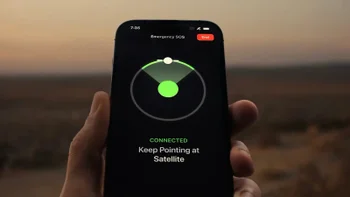
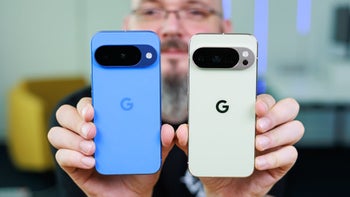
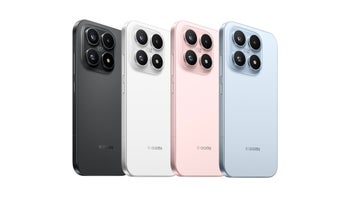
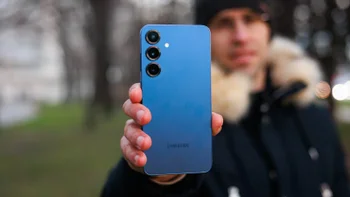
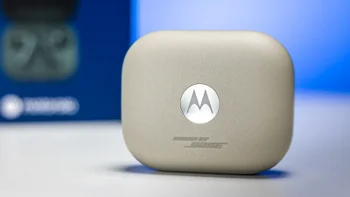
Things that are NOT allowed:
To help keep our community safe and free from spam, we apply temporary limits to newly created accounts: